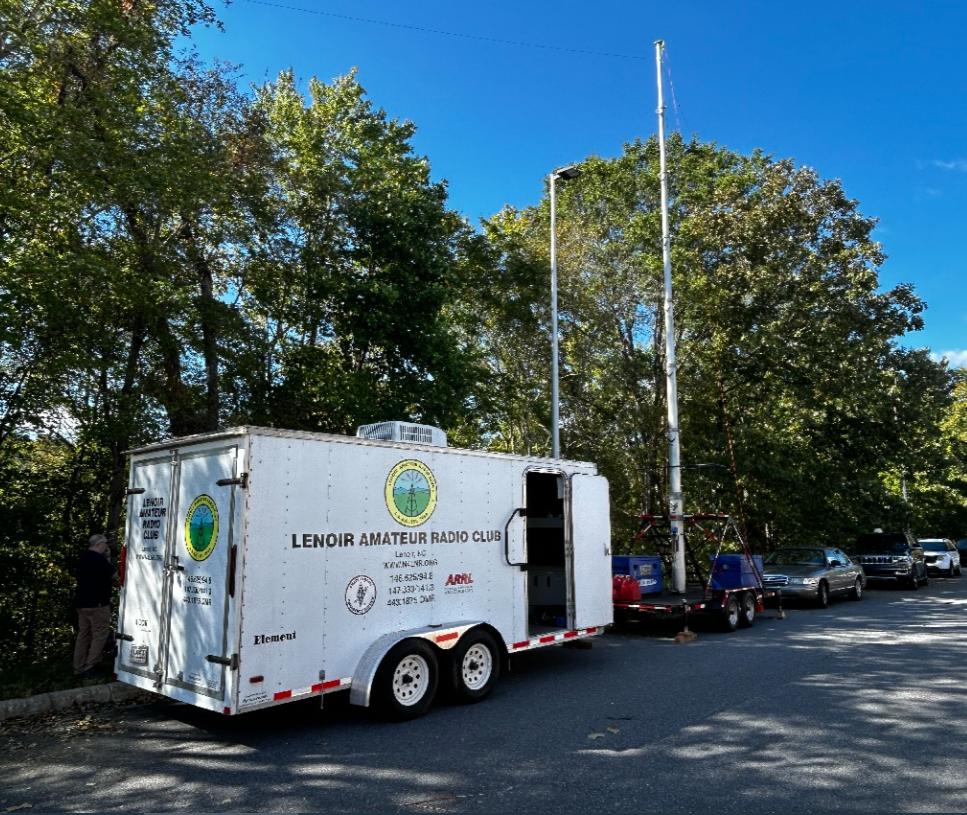Effective communication serves as the cornerstone of any thriving relationship, weaving a tapestry of understanding, trust, and emotional intimacy between partners. In a world where distractions abound and misunderstandings can easily fester, mastering the art of communication becomes not just beneficial, but essential. This article delves into the critical role that open and honest dialogue plays in nurturing a healthy relationship, offering practical insights and strategies to enhance your communicative skills. Whether you’re navigating the ebbs and flows of a long-term partnership or embarking on a new romantic journey, embracing the principles of effective communication will empower you to cultivate a more resilient and harmonious connection. Join us as we explore the transformative power of words, active listening, and empathetic engagement in building and sustaining the relationship you truly desire.
Building a Foundation of Trust Through Open Dialogue
At the heart of any thriving relationship lies the ability to engage in open and honest communication. This isn’t just about speaking your mind, but rather fostering an environment where both parties feel heard and understood. To build this foundation of trust, it’s essential to practice active listening, where you genuinely pay attention to your partner’s words without preparing your response in advance. This attentiveness shows respect and validation, which are cornerstones of a healthy relationship.
- Be Transparent: Share your thoughts and feelings openly, without fear of judgment.
- Practice Empathy: Try to see things from your partner’s perspective to better understand their emotions and reactions.
- Address Issues Promptly: Don’t let misunderstandings fester. Discuss concerns as they arise to prevent resentment.
- Use ‘I’ Statements: Express your feelings using statements like “I feel” to avoid placing blame.
By nurturing a culture of open dialogue, you empower each other to express vulnerabilities and dreams alike. This mutual openness not only fortifies your bond but also enhances the emotional security within the relationship. Remember, the goal is not to avoid disagreements but to manage them with respect and understanding, reinforcing the trust that holds your relationship together.
Mastering the Art of Active Listening for Deeper Connection
Active listening is a crucial skill that goes beyond simply hearing words; it involves truly understanding and engaging with your partner’s perspective. By practicing active listening, you not only show respect but also build a foundation of trust and empathy in your relationship. Here are some key techniques to enhance your listening skills:
- Maintain Eye Contact: This shows that you are focused and genuinely interested in what your partner is saying.
- Avoid Interrupting: Allow your partner to express their thoughts fully before responding, which demonstrates patience and respect.
- Reflect and Clarify: Paraphrase what you’ve heard to confirm understanding, and ask questions if something is unclear.
- Be Present: Put away distractions like phones or TV to give your full attention to the conversation.
Incorporating these practices into your daily interactions can lead to more meaningful conversations and a deeper connection with your partner. Communication becomes not just an exchange of words, but a shared experience that strengthens your bond.

Navigating Difficult Conversations with Empathy and Clarity
In any relationship, addressing challenging topics requires a blend of empathy and clarity to ensure that both parties feel heard and respected. Empathy allows you to understand the other person’s perspective, creating a foundation of trust and mutual respect. By actively listening and validating their feelings, you create an environment where open dialogue can flourish. Clarity, on the other hand, ensures that your message is conveyed accurately and without ambiguity. It’s essential to express your thoughts clearly, avoiding assumptions and generalizations that can lead to misunderstandings.
- Listen actively: Focus on what the other person is saying without interrupting.
- Validate feelings: Acknowledge their emotions and perspectives, even if you disagree.
- Be clear and concise: Articulate your thoughts in a straightforward manner.
- Stay calm: Maintain a composed demeanor to prevent the conversation from escalating.
- Seek solutions: Collaboratively work towards resolving the issue rather than placing blame.
By incorporating these strategies, you can transform potentially contentious discussions into opportunities for growth and understanding, strengthening the bonds that hold your relationship together.

Setting Boundaries and Expectations to Foster Mutual Respect
In any relationship, establishing clear boundaries and expectations is crucial to nurturing mutual respect. When both parties understand and respect each other’s limits, it lays the foundation for a partnership where both feel valued and heard. Here are a few key points to consider:
- Open Dialogue: Engage in honest conversations about your needs and limits. This transparency fosters trust and understanding, ensuring that both partners are on the same page.
- Consistency: Once boundaries are set, it’s essential to uphold them consistently. This consistency reinforces their importance and demonstrates commitment to the agreed terms.
- Flexibility: While maintaining boundaries is important, it’s also crucial to be open to revisiting them as the relationship evolves. Life changes, and so do personal needs.
- Respect Differences: Understand that boundaries will differ based on individual experiences and perspectives. Embrace these differences as opportunities for growth and deeper connection.
By setting clear boundaries and managing expectations, partners can create a respectful and harmonious relationship that thrives on mutual understanding and care.




